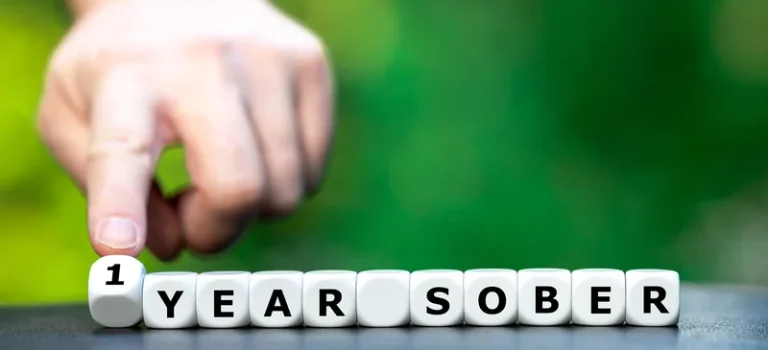Votre panier est vide.
Sober living
Cognitive Dissonance: Theory, Examples & How to Reduce It

The relationship between self-efficacy and information overload has been extensively studied in prior research. For example, Islam, Whelan, and Brooks [93] found that self-efficacy is negatively related to information overload. Similarly, Yener et al. [100] found that self-efficacy helps mitigate the impact of information overload on job stress and job burnout among information workers. The findings suggest that self-efficacy plays a negative role in regulating the impact of cognitive dissonance on discontinuous usage intentions, which provides important insights for the design and development of pan-entertainment mobile live broadcast platforms.

The Nature of the Belief
- The brain regions and neural processes that underlie addiction overlap extensively with those that support cognitive functions, including learning, memory, and reasoning.
- They may include denying or compartmentalizing unwelcome thoughts, seeking to explain away a thought that doesn’t comport with others, or changing what one believes or one’s behavior.
One of the best examples of cognitive dissonance can be found in the Aesop Tale of the Fox and the Grapes. One day a fox is strolling through a forest and he notices some delicious looking grapes. The fox has the inner conflict of wanting the grapes but not being able to get to them. This internal conflict is resolved when the fox decides that the grapes do not look delicious after all.
Health Categories to Explore
In other words, he could tell himself that a short life filled with smoking and sensual pleasures is better than a long life devoid of such joys. In this way, he would be decreasing the importance of dissonant cognition (smoking is bad for one’s https://ecosoberhouse.com/ health). However, new information such as “research has not proved definitely that smoking causes lung cancer” may reduce the dissonance. Because these participants did not make a decision, they did not have any dissonance to reduce.
Acquire new information that outweighs the dissonant beliefs.
Accountability is especially important when it comes to reducing cognitive dissonance and regaining control of your life. Trying to suddenly adjust your thoughts, behaviors, and beliefs can be tricky, but someone who knows the full story can cognitive dissonance addiction help you stay on track. In addition to these emotional experiences, cognitive dissonance can also inspire a change in your behavior or beliefs. Some of these changes can be positive, such as shifting problematic beliefs or harmful habits.
- The these platforms have an impact on the entertainment industry, and these factors contribute to the success of these platforms [31,32].
- Coping mechanisms can include justifying their behavior (and our relationship with them), trivializing their behavior or the importance of it, attempting to change their behavior, or changing our own behavior.
- Sometimes, when you’re faced with difficult decisions in the moment, it’s best to take a break and revisit it later when all parties have processed what’s happened.
- The stronger the discrepancy between thoughts, the greater the motivation to reduce it (Festinger, 1957).
- First, recent studies have highlighted the crucial role of the cognitive dimension in discontinuous usage intention.
Environmental manipulation and behavioural counseling

